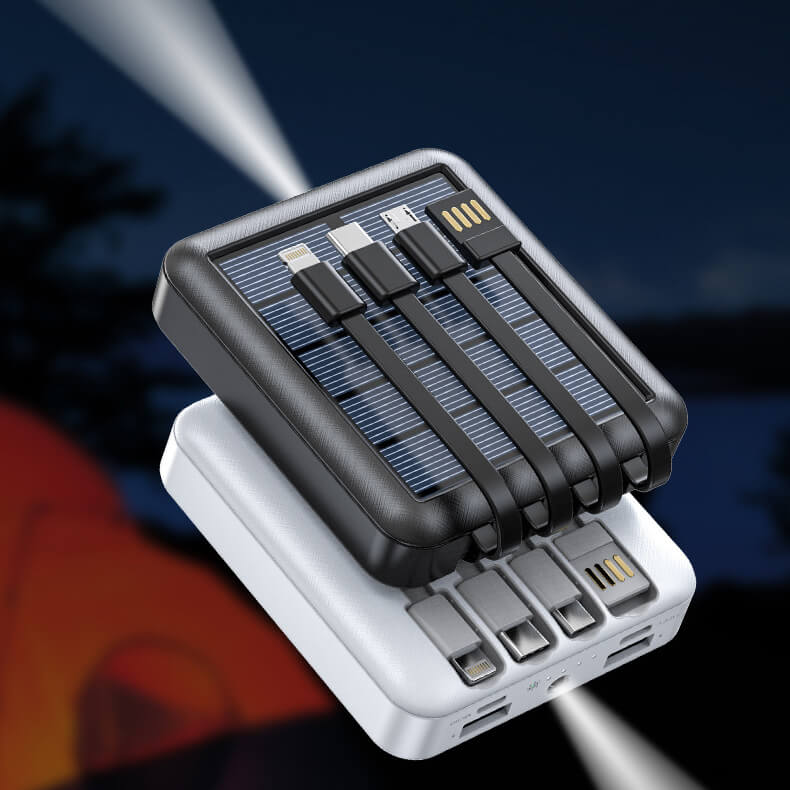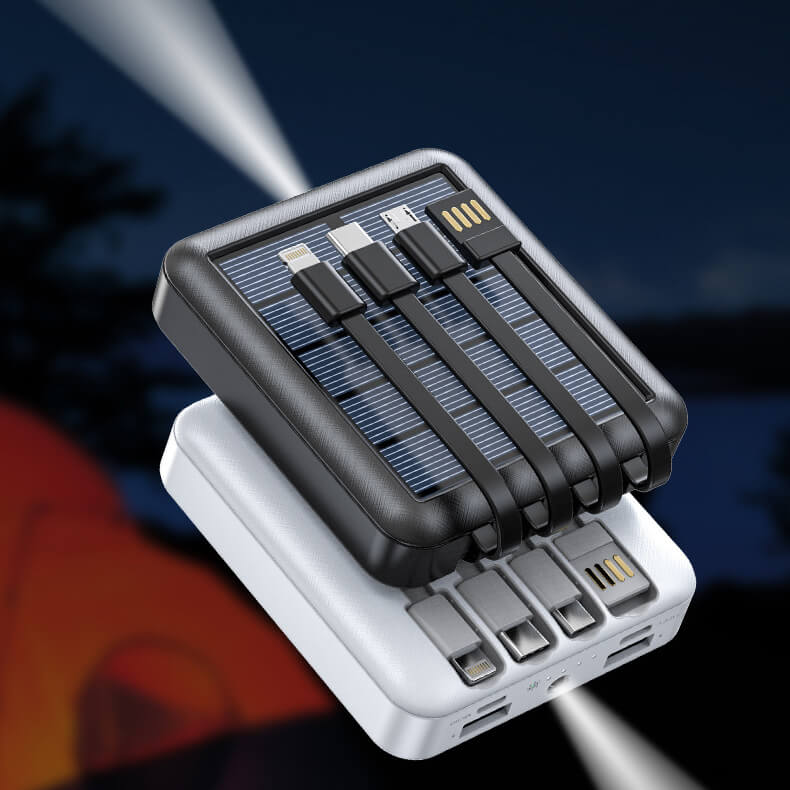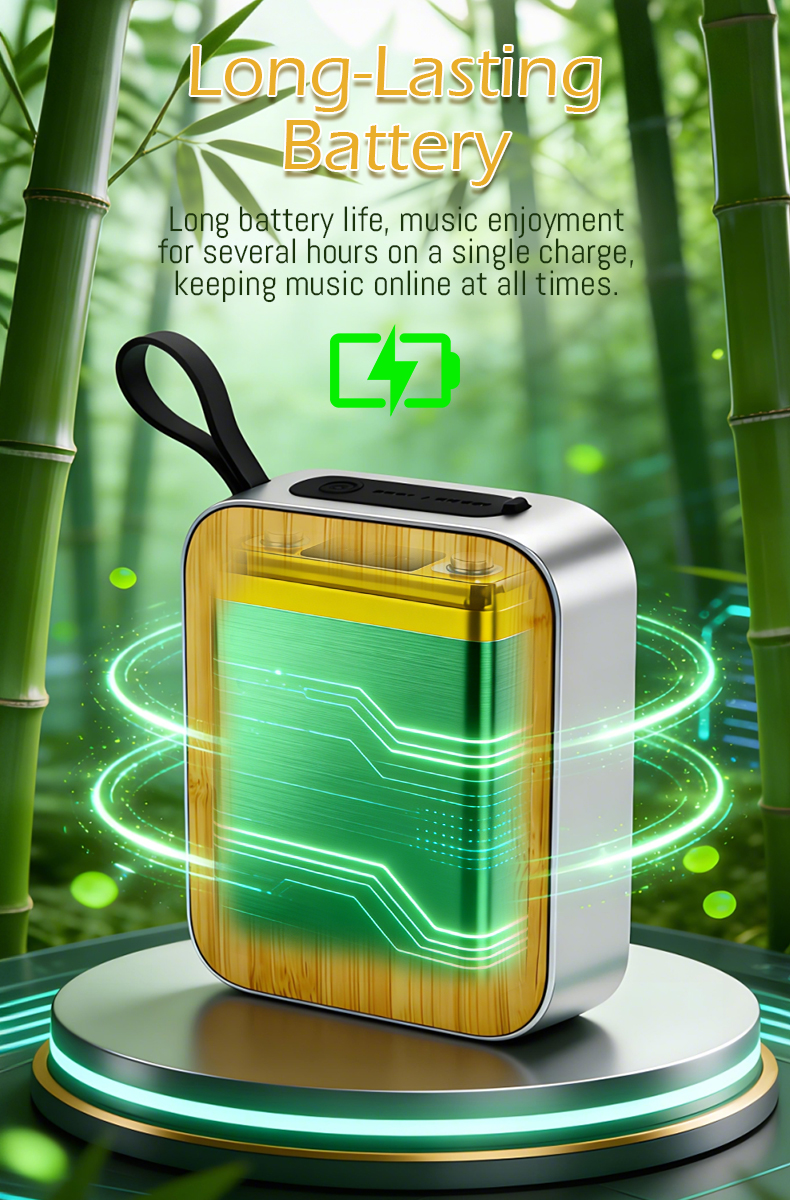Solar Charger Principle

Unlocking the Power of the Sun: An In-Depth Look at Solar Chargers

Solar charger principle refers to the underlying concept and functionality of harnessing solar energy to charge various devices. With rising concerns about environmental sustainability and the need for portable energy solutions, solar chargers have gained immense popularity.
1. How Does a Solar Charger Work?
A solar charger comprises three main components:
1. Solar panels: These panels are composed of photovoltaic cells that convert sunlight into electrical energy.
2. Charge controller: This component regulates and controls the flow of electricity from the solar panels to the connected device. It protects against overcharging and ensures efficient charging.
3. Battery pack: The battery pack stores the energy generated by the solar panels and provides power to the device even when sunlight is unavailable.
When exposed to sunlight, the photovoltaic cells in the solar panels produce a direct current (DC) electricity. The charge controller then manages this DC power, preventing any damages and ensuring optimal charging to the connected device. Excess energy is stored in the battery pack for later use.
2. Applications of Solar Chargers
Solar chargers find applications in various domains, some of which include:
1. Outdoor activities: Solar chargers provide an excellent power source for outdoor enthusiasts, such as campers, hikers, and backpackers. They can charge smartphones, tablets, GPS devices, and even portable fans or lighting systems.
2. Emergency situations: During power outages or emergency situations, solar chargers offer a reliable and sustainable way to charge essential electronic devices, ensuring communication and safety.
3. Eco-friendly living: Solar chargers are an eco-conscious choice for individuals who want to reduce their carbon footprint and use renewable energy sources.
3. Benefits and Limitations of Solar Chargers
Solar chargers offer numerous advantages:
1. Renewable energy: They harness the power of the sun, a free and renewable energy source, reducing reliance on fossil fuels.
2. Portability: Solar chargers are compact, lightweight, and portable, making them ideal for on-the-go charging.
3. Cost-effective: Once purchased, the energy from the sun used by solar chargers is free, leading to potential long-term savings.
Despite their advantages, solar chargers do have some limitations:
1. Weather-dependent: Solar chargers require sunlight to generate electricity, making them less reliable during cloudy or rainy days.
2. Charging time: Charging devices using solar power may take longer compared to traditional electrical charging methods.
3. Initial cost: The upfront cost of a solar charger may be higher compared to traditional chargers; however, cost savings over time can offset this initial investment.
In conclusion, solar charger principle revolves around utilizing sunlight to charge electronic devices through the harmonious working of solar panels, a charge controller, and a battery pack. Solar chargers offer eco-friendly, portable, and cost-effective charging solutions, with applications ranging from outdoor activities to emergency situations. While they have some limitations, solar chargers are paving the way for a sustainable future.




